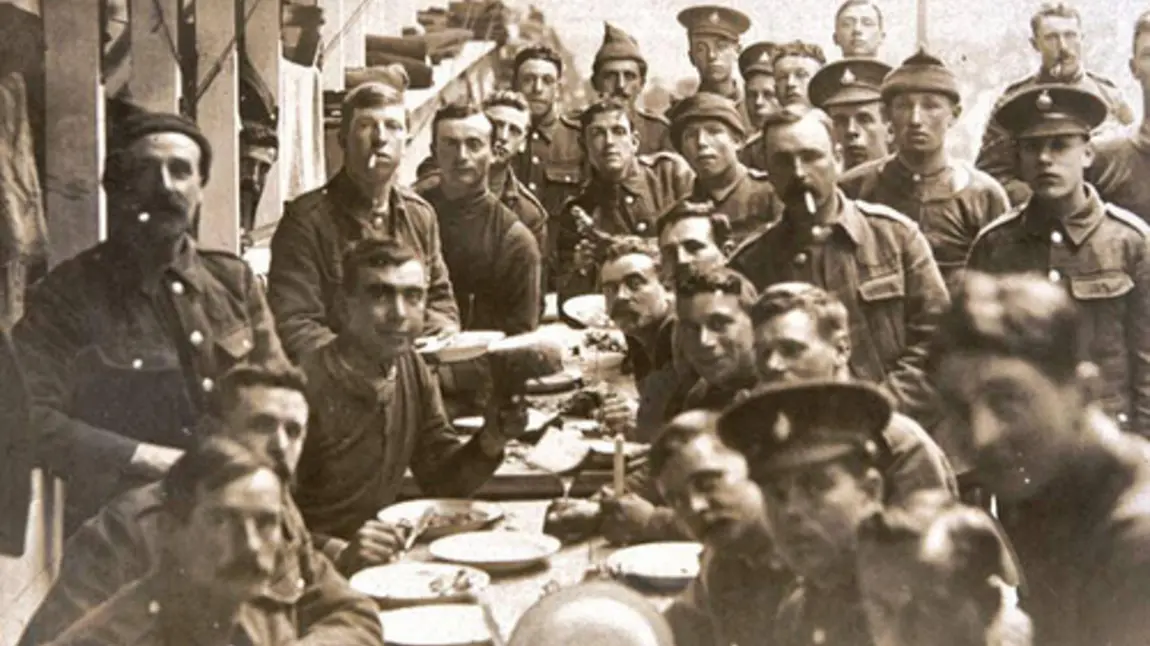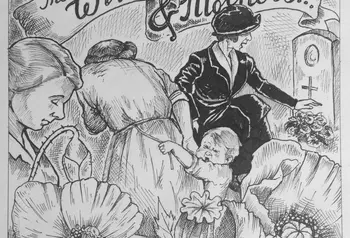Remembering the Battle of the Boar’s Head

The Battle of the Boar’s Head, known locally as ‘The Day Sussex Died’, is the worst moment in Sussex’s military history and took place on the 30 June 1916 at Richebourg-l'Avoué in Northern France.
The battle was a planned diversionary attack for the Battle of the Somme and was conducted by the 11th, 12th and 13th Southdowns Battalions of the Royal Sussex Regiment.
[quote=Stuart McLeod, Head of HLF South East England]"The Battle of the Boar’s Head was a significant event in Sussex’s history. The lives lost that day had far reaching repercussions for many generations of Sussex families."[/quote]
Up to 2,000 South Downers took part in the attack, only to find that a hidden dyke made crossing No Man’s Land difficult and troops found themselves caught in a smokescreen. The fighting descended into brutal hand to hand contact until the British were eventually driven out.
The Southdowns Battalions suffered 366 killed and over 1000 wounded or taken prisoner. And around 70% of those that died came from Sussex, the majority from the Eastbourne and Brighton areas.
Thanks to National Lottery players, people are helping to ensure The Battle of the Boar’s Head is remembered in their local area through HLF's First World War: then and now programme:
- Eastbourne PALS encouraged members of the community to be interviewed and share memorabilia of their relative’s role in the battle. Thanks to a £9,200 HLF grant, they will now create an archive of the Southdown Battalions, tracing and sharing the stories of relatives
- Supported by a £5,700 HLF grant, Bognor Regis Town Council has partnered with local museums, schools and volunteer groups to curate a display featuring written pieces, artwork and artefacts relating to the Bognor men who died in battle to bring to life their stories, not just as a soldiers, but as local residents before they went to war
- Strike a Light will use their £9,900 HLF grant to work with young people to create a digital monument in Brighton as a memorial to the battle, and will also support young people to produce short films and create textile interpretations to share centenary stories
- Thanks to a £3,300 HLF grant, school children and staff at Langney Primary School in Eastbourne have been learning about Nelson Victor Carter, a local soldier who fought in the battle and was posthumously awarded the Victoria Cross. They are organising events and creative projects in commemoration of the battle
How to get involved
If you have an idea for a First World War project and would like to find out more, take a look at our funding page, or join the conversation on social media by using #understandingww1.
